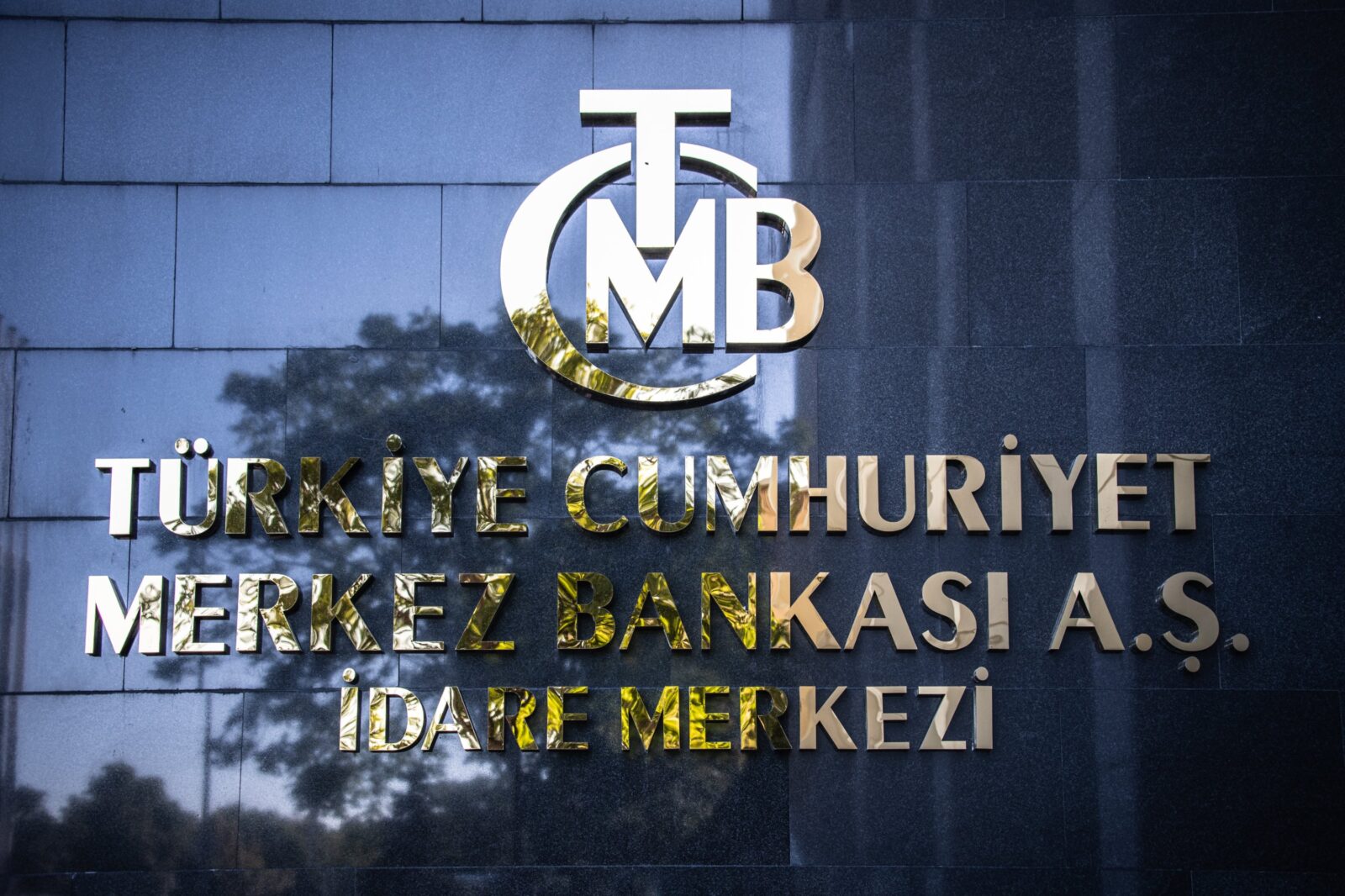At a recent business meeting in Istanbul, Turkish Vice President Cevdet Yilmaz announced the government’s goal to reduce inflation to below 20% in 2025, with plans to bring it down to single digits by 2026.
Speaking at the Umraniye Business Forum in Istanbul, Yilmaz emphasized the importance of political and societal support for the country’s economic program.
“The success of any economic program depends on the political and societal backing it receives. If these elements are in place, the program is bound to succeed,” he said.
Economic stability and growth of Türkiye
Yilmaz emphasized that uncertainty is the most damaging factor for any economy, stating, “The greater the uncertainty, the more severe the economic impact.”
He highlighted that Türkiye is currently experiencing a period of significantly reduced uncertainties. “With political uncertainties resolved through general and local elections and policy clarity provided by the Medium-Term Program, we are moving forward with stability and confidence,” Yilmaz added.
He added that Türkiye’s economic growth remains a top priority. “Growth is essential for a developing country like ours. We must maintain a certain level of growth. Our president consistently emphasizes investment, employment, production, and exports as key pillars of a sustainable and stable economy,” Yilmaz said.
He also highlighted Türkiye’s robust growth performance over the past 20 years, achieving an average growth rate of 5.4% while the global average stood at 3.6%.
Inflation and economic balance of Türkiye
Yilmaz pointed out that Türkiye recorded a 5.1% growth rate last year and expects to end 2023 with a national income exceeding $1.3 trillion and a per capita income nearing $15,000.
“Despite fighting inflation, we managed to achieve 3.8% growth in the first half of this year. We are pursuing a balanced growth strategy,” he said.
The vice president noted that reducing inflation is key to long-term economic stability and increased investment.
“History shows that periods of high inflation in Türkiye have been accompanied by low growth. Conversely, during times of lower inflation, particularly during the AK Party era, we have seen average growth rates of 5.4%,” Yilmaz stated.
“This demonstrates that reducing inflation is fundamental to achieving stable and high growth.”

Phases of economic transition
Yilmaz outlined the three-phase approach to achieving inflation reduction: a transition phase, a disinflation phase, and a permanent price stability phase.
“We completed the transition phase in June this year. Despite the earthquake’s impact, last year’s budget deficit was 5.2% of GDP, and this year we expect it to be 4.9%. Without the earthquake expenditures, the actual deficit would have been 1.6%,” he explained.
“We expect the impact of the earthquake to diminish next year, with a budget deficit forecast of around 3%.”
Yilmaz also highlighted significant improvements in Türkiye’s current account deficit, which had reached $60 billion last year but has now dropped to below $20 billion, with a year-end target of 1.7% of gross domestic product (GDP).

Structural reforms and policy focus
Emphasizing the role of structural reforms, Yilmaz said, “Monetary and fiscal policies are important, but structural reforms aimed at increasing efficiency and competitiveness are crucial to making these policies more effective.” He further noted the government’s focus on integrating a structural reform agenda into the Medium-Term Program.
Regarding the nation’s risk profile, Yilmaz pointed to a significant decline in the Credit Default Swap rate and record-high reserves of the central bank, which stood at $157.4 billion as of Sept. 27, 2023.
“We have entered a disinflation period as of June. There has been a drop of over 26 points in the inflation rate since May, bringing it down to 49.4%. We expect inflation to fall further to 41.5% by the end of the year,” Yilmaz added. “Next year, we aim to bring inflation below 20%, and by 2026, we want to bring it back to single digits.”

Employment and export goals for Türkiye
Yilmaz also highlighted that Türkiye has created over 1 million new jobs in the last year, with total employment reaching 32.6 million by the second quarter of 2024, marking a historic high. The government aims to reach $264 billion in exports by the end of this year, showcasing the positive outcomes of the Medium-Term Program.
“These achievements prove that the Medium-Term Program is working and delivering results,” Yilmaz said, expressing confidence in the future of Türkiye’s economy.
